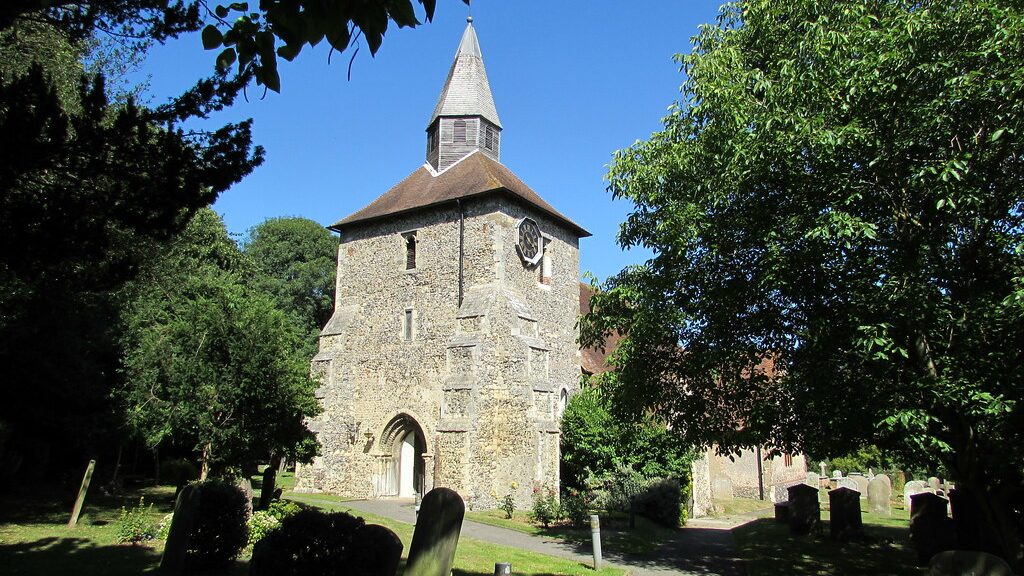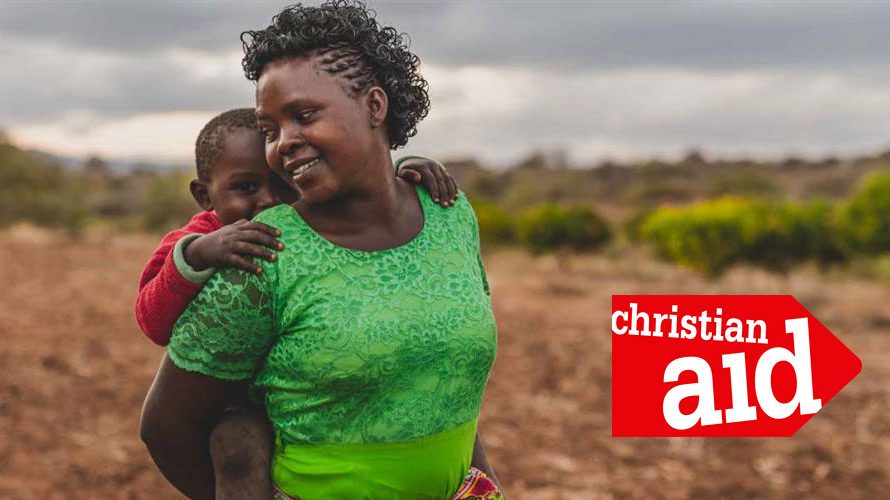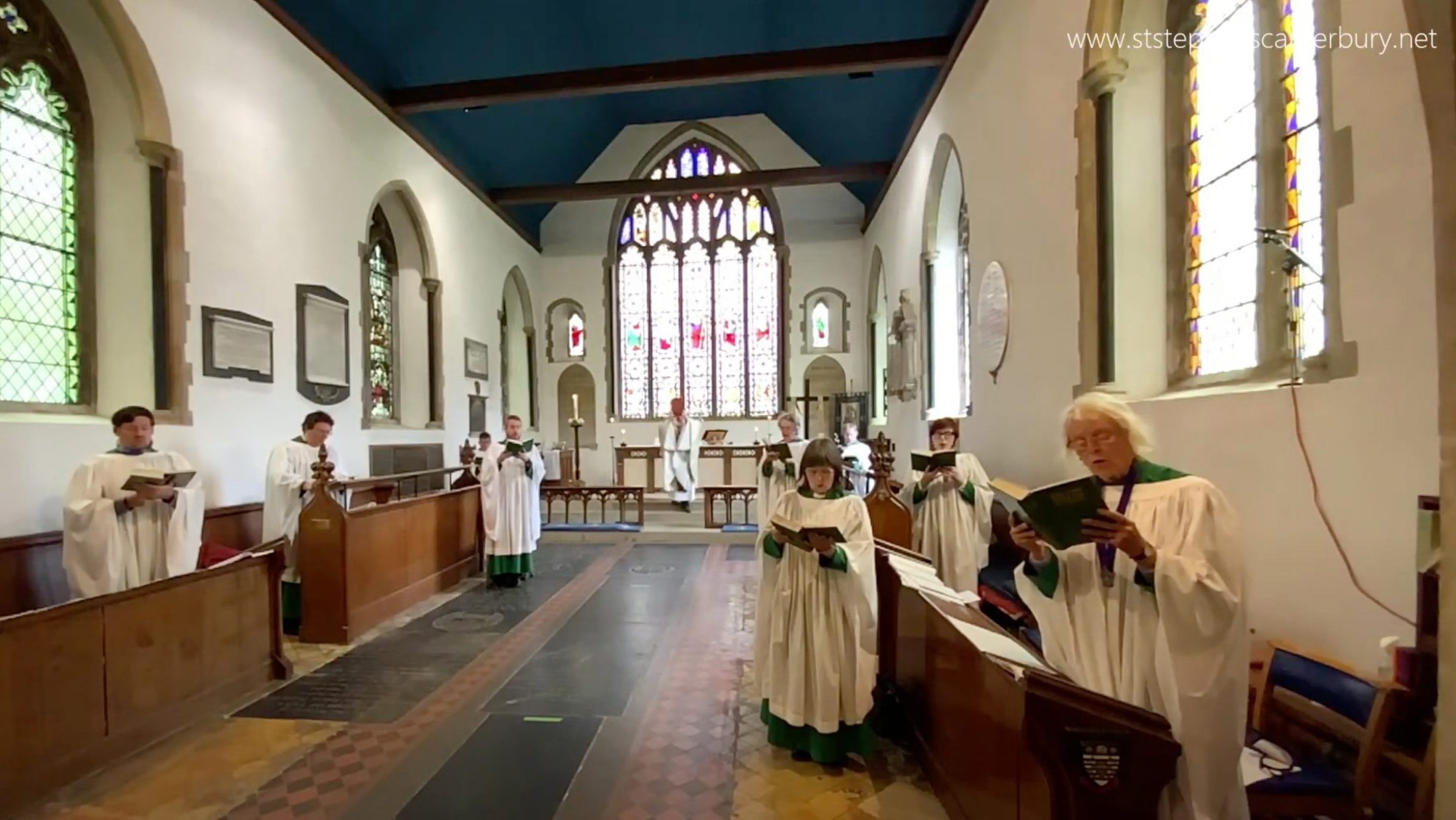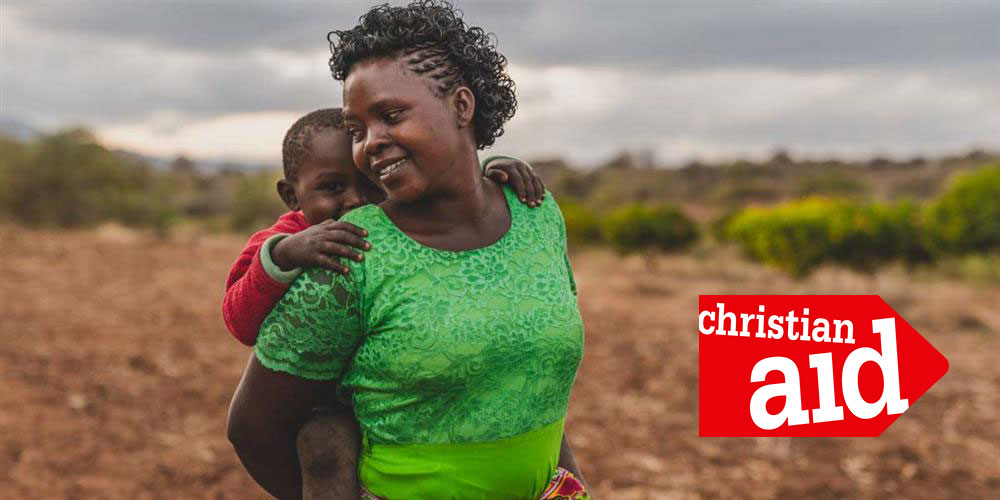In 1665 a bundle of cloth arrived from London in the Derbyshire village of Eyam for the local tailor His assistant noticed it was damp so spread it out in front of the fire to dry. Within a week he was dead and soon others in his household were dying. The cloth was infested with fleas carrying bubonic plague, which was rife in London that year.
Between September and December that year 42 villagers died and by the spring of 1666, many were on the verge of fleeing their homes and livelihoods to save themselves.
The rector of Eyam was unpopular – he had only been there a year or so and was seen by most of his congregation as a usurper, because Thomas Stanley the previous rector was a Puritan like most of the villagers. He had been evicted for refusing to accept the 1662 Prayer Book and was living in a sort of exile on the edge of the village. But despite their religious differences the Rector and Stanley agreed to work together. They introduced a number of precautions to slow the spread of the illness – families were to bury their own dead and church services were relocated to a natural open air amphitheatre so the villagers could keep apart to reduce the risk of infection But they also believed it was their duty to prevent the plague spreading to the nearby towns of Sheffield and Bakewell, so they decided the village should be quarantined, and they persuaded the parishioners to stay and isolate themselves in their village. Food and medicines were left on the edge of the village by neighbours, and the money to pay for it was left in vinegar to disinfect it.
About three quarters of the villagers died, but their quarantine worked – the plague did not spread to the surrounding towns.
The burial service in that prayer book which cost Thomas Stanley his job reminds us that “in the midst of life we are in death”; something I think with the power of antibiotics, modern healthcare and good sanitation to reduce and even eliminate many infectious diseases we are prone to forget. Yet sudden death has not disappeared; my mother and one of my oldest friends both died last year having appeared to be perfectly well the day before their death. I’m sure we can all think of examples of unexpected deaths; some of them from our own congregation.
Major epidemics are also a fact of life – Coronavirus is the last in a long list – Influenza in 1919; cholera in 1858 to 1860; the Great Plague of London in 1665; the Black Death in 1349, the Cyprian and Antoinine plagues during the Roman Empire are just a few of the most serious. Working as a GP in London in the 1980’s I saw a new infectious disease hit us with devastating results. These days HIV is a controllable chronic illness, at least in countries that can afford the medicines to treat it, but in those early days it was like bubonic plague – most people who caught it died, and I saw patients, colleagues and friends die in large numbers.
That Book of Common Prayer which divided Eyam and the whole country in the 1660’s also acknowledges that epidemics are a fact of life and includes a prayer to be used when they arise and a thanksgiving for when they pass. These prayers, like those for other natural disasters – famine flood and drought – assume these events are God’s punishment for our sins – a common belief in both Hebrew and pagan cultures in the ancient world and early modern world. I doubt that many of us would think in those terms these days – God sends viruses, like the rain, on the just and the unjust alike. They are part of life we have to accept and , deal with; part of life which perhaps God has provided to teach us important lessons about how we should live.
Like the citizens of Eyam we should take sensible precautions to minimise spreading the virus. The sacrifices we are asked to make are modest – so far the worst thing that has happened to me is that a harp lesson has been cancelled! The precautions we have been asked to take in church – exchanging the peace with a nod, a bow or a wave instead of a handshake – perhaps will remind us of the meaning of what can easily become a ritual we take for granted rather than a genuine sign of our unity. Taking communion in one kind -the bread only, rather than both bread and wine is common practice for practical rather than microbiological reasons at many Roman Catholic services and in no ways diminishes our sharing in the body and blood of Christ. Not passing round the collection plate and helping ourselves to our hymnbooks and coffee are hardly great sacrifices, but they may save lives. We are reducing our physical contact whilst still gathering together as the body of Christ.
Being Anglicans we will probably be comfortable with this middle way between denial and fear, which contrasts for example with the view of The Greek Orthodox Church that coronavirus is not transmitted via Holy Communion, so there is no need to change the Orthodox practice of giving communion as bread soaked in wine from a common spoon, – an attitude which seems both scientifically and theologically unsound.
But nevertheless the epidemic will force all of us to re-examine how we live – not merely by making sure we wash our hands properly, though that isnt a bad thing. We may have to learn that things we take for granted like being able to travel, socialise and shop as we wish are not always possible – and perhaps not always necessary. If we are forced to spend more time at home then we may do some of those things we never seem to get round to. If I’m confined to my room I may actually get through all those books I bought but never read! Perhaps like Lady Loretta who lived in self isolation here for over 40 years, we may learn that you can live a worthwhile and fulfilling life in enclosure. At the Lent group on Tuesday we wondered whether it would teach us to do without things we are going to have to learn to give up anyway not because of infection but to combat climate change. And perhaps being reminded that we cannot count on our life and health – that in the midst of life we are in death – will be a good, if painful lesson to learn.
Our Gospel reading, when Jesus accepted a drink of water and had an intimate conversation with someone who was not only one of the hated Samaritans but even worse a woman, reminds us that Christ breaks down artificial barriers between people and nations. The pandemic also reminds us that whatever our religion, race or background, we are all interlinked in our society, in this country and throughout the world. President Macron spoke very movingly in his address to the nation on Thursday about what “fraternite” in the slogan of the French Republic actually means – caring for each other and in particular for the most vulnerable. One thing we can all do is check on those we know who are staying at home to protect themselves and let the pastoral group know about them, so we can offer help and support without exposing them to further risks.
We heard in our Old Testament Reading that the Israelites, uprooted from a stable if servile life in Egypt grumbled at the new challenges they faced going through the desert – but that when they needed it God provided them with water So like the psalmist who “ going through the vale of misery used it as a well” we may find that in the desert of the next few weeks when we are prevented from doing what we usually do and had planned to do that we suddenly come upon a fountain of refreshing water in what seemed to be a desert period. Let us pray that Covid 19 will teach that lesson not only to us and to our compatriots but to the world for which we pray.










